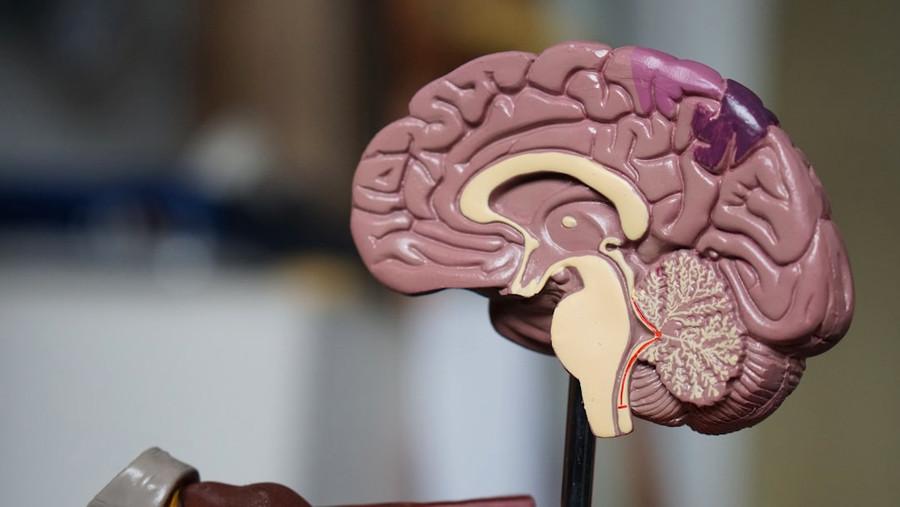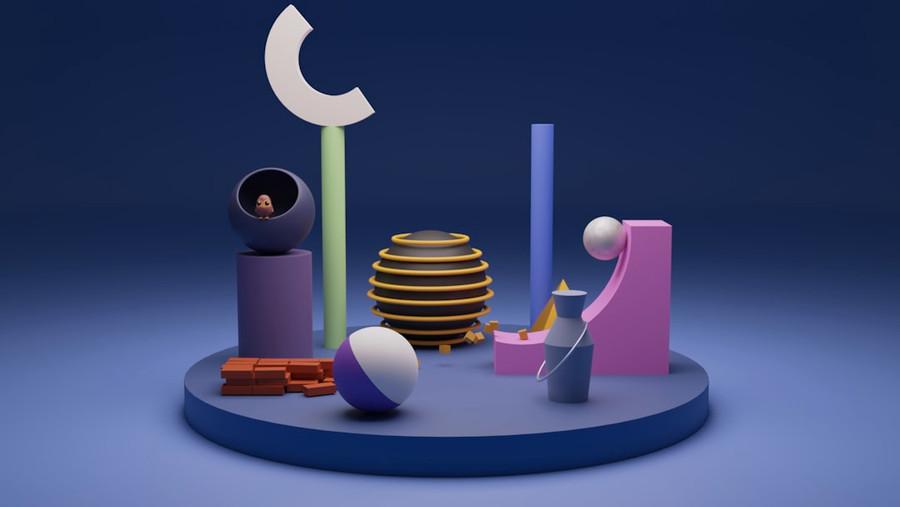Are We Really Capable of Not Making Judgments?
Ideas, facts & insights covering these topics:
9 ideas
·1.76K reads
14
3
Explore the World's Best Ideas
Join today and uncover 100+ curated journeys from 50+ topics. Unlock access to our mobile app with extensive features.
The Nature of Judgment
To understand whether we can avoid making judgments, we must first clarify what judgment means.
Judgment involves forming opinions or conclusions about someone or something based on various factors, including appearance, behavior, and personal beliefs.
These judgments can be positive or negative and can influence our interactions and decisions.
14
275 reads
The Role of Cognitive Biases
One reason it's challenging to avoid making judgments is the presence of cognitive biases.
These biases are mental shortcuts that our brains use to process information quickly.
They help us make decisions efficiently, but they can also lead to errors in judgment.
For example, confirmation bias makes us more likely to notice and remember information that confirms our existing beliefs, while the halo effect causes us to perceive someone as generally good or bad based on a single trait.
16
231 reads
The Social Aspect
Human beings are inherently social creatures, and our judgments often serve a social purpose.
We form opinions about others to establish trust, build alliances, and protect ourselves from potential threats.
In this context, making judgments is not just a personal trait but a fundamental aspect of our social interactions.
13
216 reads
Cultural and Environmental Influence
Our upbringing, culture, and environment also play significant roles in shaping our judgmental tendencies.
We are exposed to societal norms and values that influence our beliefs and perceptions.
These external factors can make it challenging to avoid making judgments, as they are deeply ingrained in our subconscious minds.
14
189 reads
The Illusion of Objectivity
Another challenge in avoiding judgments lies in the concept of objectivity.
While we might strive to be objective in our assessments, true objectivity is elusive.
Our judgments are always influenced by our personal experiences, beliefs, and values, making it nearly impossible to be completely impartial.
13
193 reads
Striving for Non-Judgment
Despite the inherent challenges, many philosophical and spiritual traditions encourage the practice of non-judgment.
This involves cultivating mindfulness and awareness to observe our thoughts and judgments without attachment or criticism.
While achieving a state of complete non-judgment may be unattainable, the practice can lead to greater empathy, understanding, and open-mindedness.
14
193 reads
The Illusion of Feedbacks
In the quest to understand our capacity for non-judgment, it's essential to recognize the illusion of feedbacks.
Feedback from others often reinforces our judgments, creating a feedback loop that can be difficult to escape.
When we express our opinions about someone or something, we invite responses from those around us.
These responses, whether agreement or disagreement, can further solidify our initial judgments.
This illusion of feedback can make it seem as though our judgments are justified and accurate, even when they may be based on incomplete information or biased perspectives.
14
173 reads
The empathy is the only key
In the grand scheme of things, it seems that making judgments is an integral part of being human.
Our evolutionary history, cognitive biases, social nature, and cultural influences all contribute to our judgmental tendencies.
While striving for non-judgment is a worthy endeavor that can lead to personal growth and improved relationships, it may be unrealistic to expect ourselves to completely eliminate judgment from our lives.
Instead, we can aim to be more mindful of our judgments, acknowledge our biases, and strive for greater empathy and understanding in our interactions with others.
14
172 reads
References
- Tversky, A., & Kahneman, D. (1974). Judgment under Uncertainty: Heuristics and Biases. Science, 185(4157), 1124-1131.
- Harris, S. (2010). The Moral Landscape: How Science Can Determine Human Values. Free Press.
- Greene, J. D., Sommerville, R. B., Nystrom, L. E., Darley, J. M., & Cohen, J. D. (2001). An fMRI investigation of emotional engagement in moral judgment. Science, 293(5537), 2105-2108.
- Lerner, J. S., & Keltner, D. (2001). Fear, anger, and risk. Journal of Personality and Social Psychology, 81(1), 146-159.
14
125 reads
IDEAS CURATED BY
🔹Wellness 🔹Empowerment 🔹Life Coaching 🔹Learning 🔹Networking 🔹Counseling 🔹Evolution 🔹Transformation
CURATOR'S NOTE
Human beings are inherently judgmental creatures. From the moment we encounter a new person or situation, our brains are wired to assess and evaluate. This natural inclination to make judgments is deeply ingrained in our evolutionary history, serving as a survival mechanism that helped our ancestors navigate a dangerous world. However, in today's society, the question arises: Are we truly capable of not making judgments, or is it an unattainable ideal?
“
Similar ideas
Read & Learn
20x Faster
without
deepstash
with
deepstash
with
deepstash
Personalized microlearning
—
100+ Learning Journeys
—
Access to 200,000+ ideas
—
Access to the mobile app
—
Unlimited idea saving
—
—
Unlimited history
—
—
Unlimited listening to ideas
—
—
Downloading & offline access
—
—
Supercharge your mind with one idea per day
Enter your email and spend 1 minute every day to learn something new.
I agree to receive email updates









